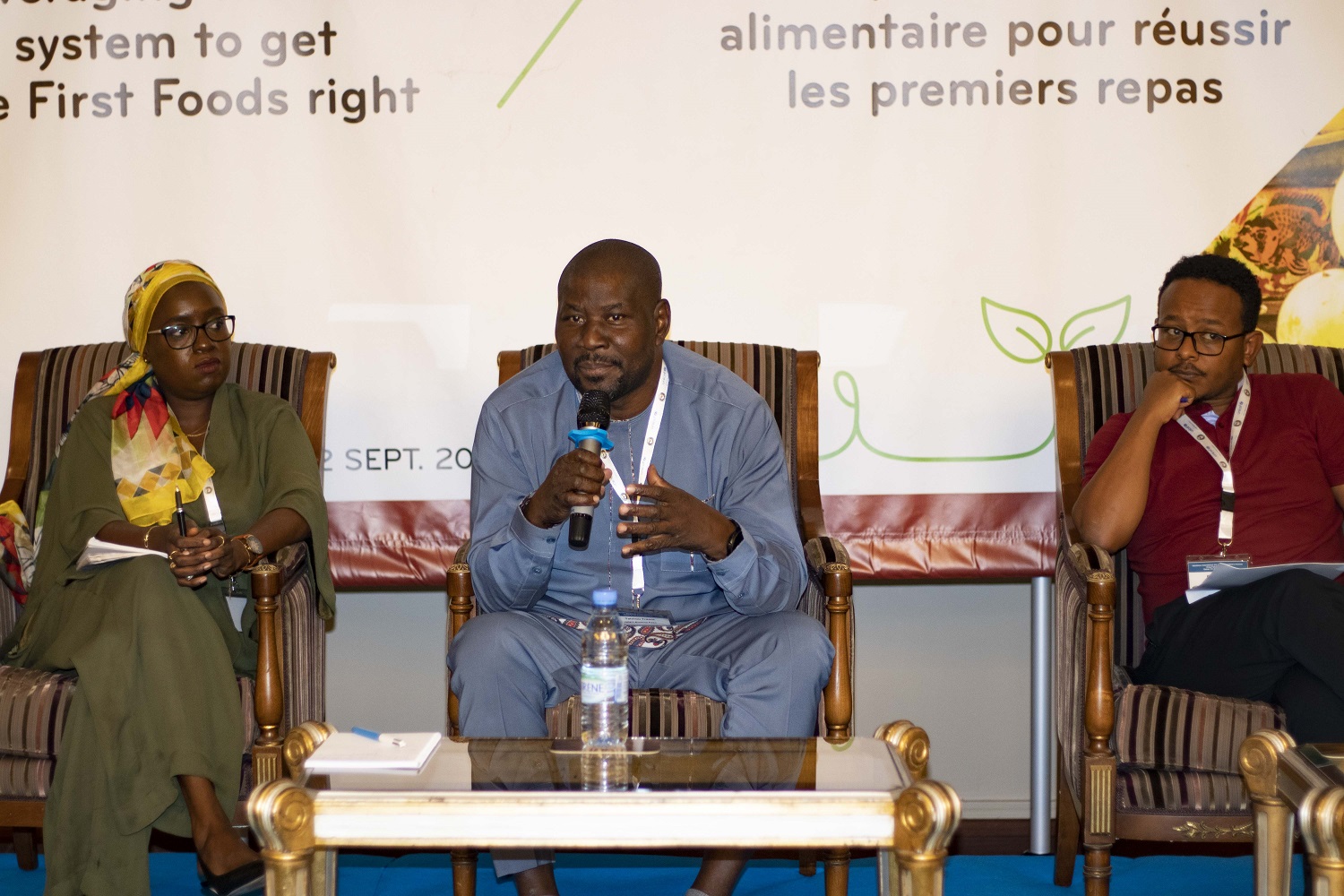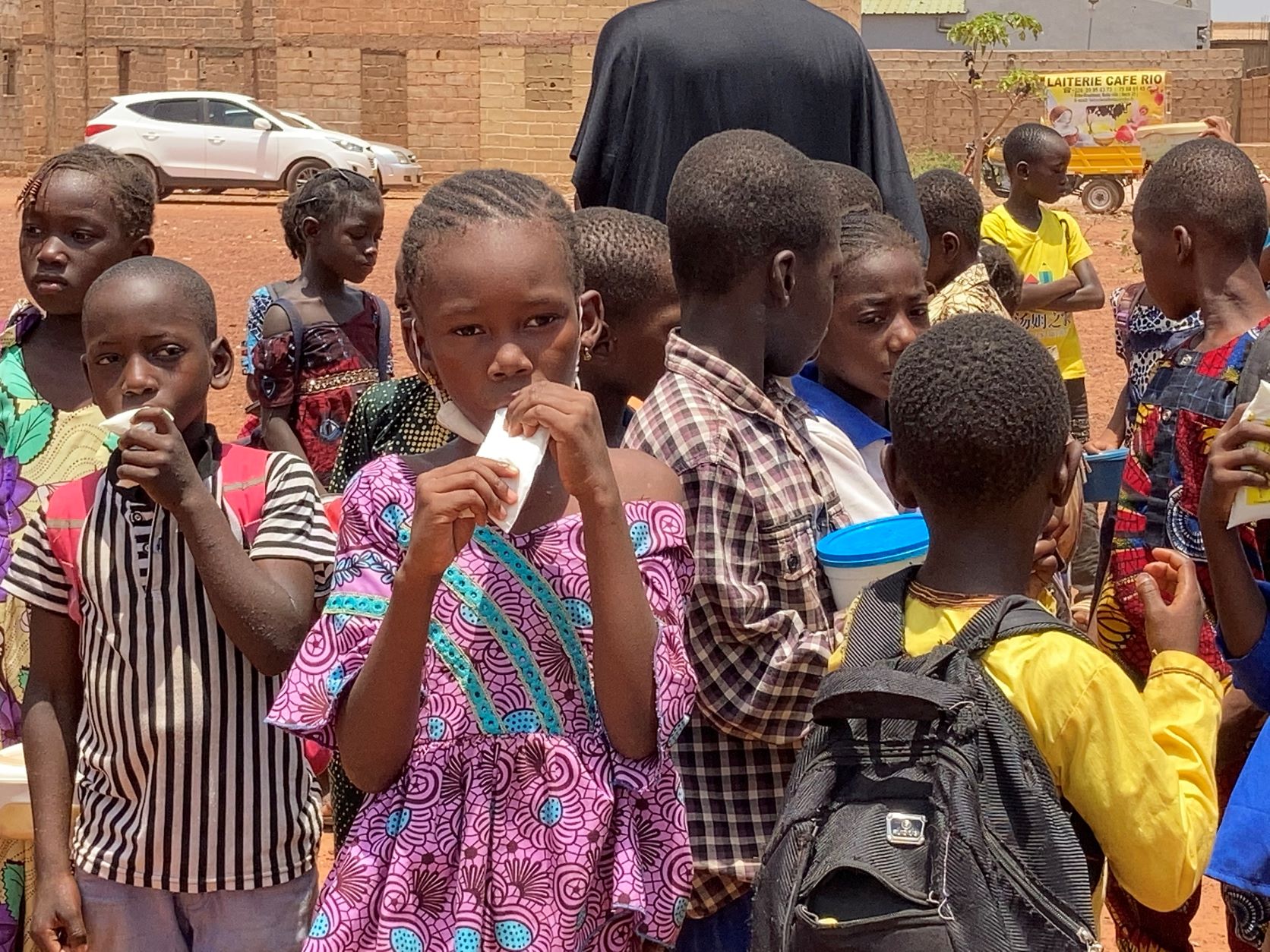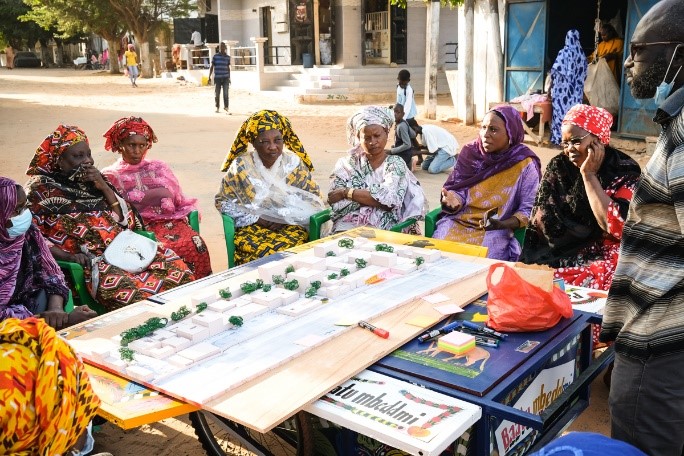This article, published in GRET’s 2021 Annual Report, highlights a preoccupation that is shared by many international solidarity players: given the multiplication of crises in fields of intervention, how to ensure a long-term development mission while responding to urgent needs among populations?
This major challenge for GRET was the subject of two days of exchange and discussions during the organisation’s annual internal seminar at the end of August, alongside its General Assembly.
A worldwide pandemic, political and security crises in Myanmar, Haiti and the Sahel, a food emergency in Madagascar: the year 2021 confirmed a multiplication and extension of crises and conflicts across the world. In concrete terms, this translates into 80 million people displaced against their will, a situation not encountered since the Second World War.
The nexus between humanitarian action, development and peace[1] is back on the international agenda. This has generated new possibilities allowing reconciliation between response to urgent needs, resilience, development and social cohesion. It also enables a rethinking of relationships between institutions, national NGOs and international stakeholders working in the humanitarian and development spheres. Translating policies into practice obliges stakeholders to innovate, but this entails difficulties and contradictions.
Between focalising on the effectiveness of aid and financial constraints, the nexus is not just a new way of designing international cooperation. It is also a vector for greater selectivity of aid… at the risk of further marginalising some territories and development issues.
For GRET, the challenge can be summarised as follows: how to renew international solidarity in crisis contexts to develop public action?
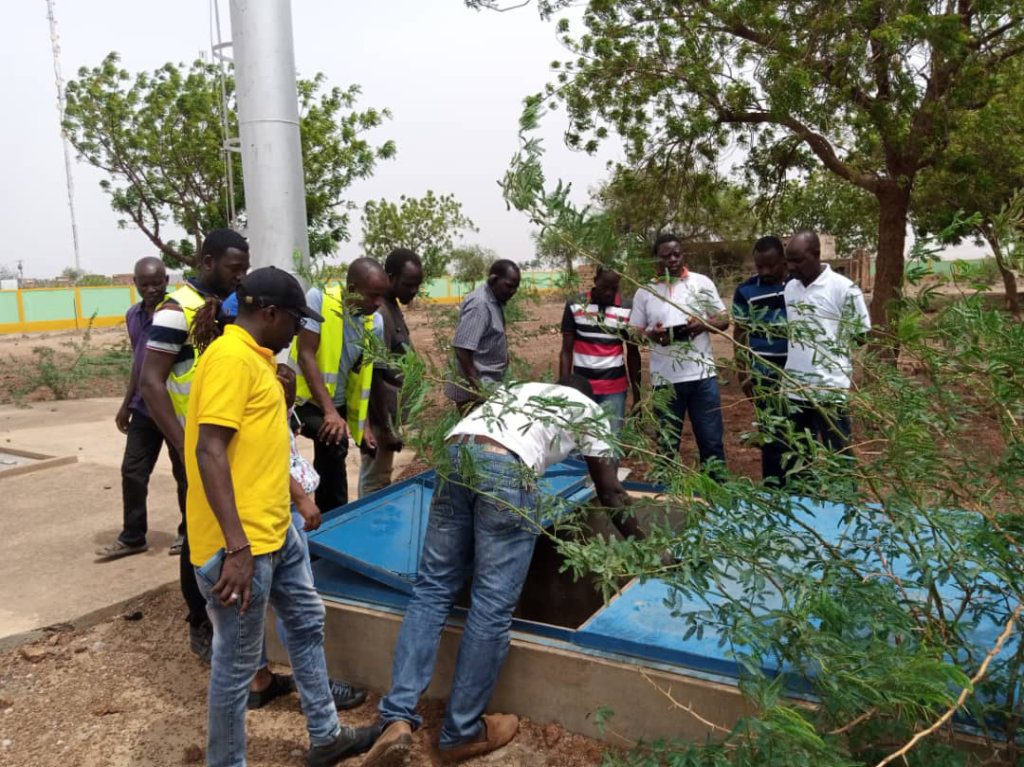
Mobilising our know-how as a development NGO
Crises disrupt territorial systems and aggravate vulnerabilities, with displaced populations, de-structured supply chains and markets, perturbation of the banking sector, rising prices, restrictions around freedom of expression imposed by States, etc. But the men and women concerned are not passive victims without resources, on the contrary, they are the first to become mobilised to define strategies in response to these difficulties. GRET conducts its projects with this conviction: it is based on knowledge, resources and local institutions that resilience to cope with crises and their impacts can be developed.
In terms of public policy, the limits and shortcomings of externally designed emergency interventions are now well known: inappropriate, uncoordinated actions, competition for local economies, local solidarity mechanisms made fragile, territorial imbalances, weakening of institutions, and aggravation of conflicts.
For GRET, the challenge is to respond to urgent needs based on local resources and knowledge, by mobilising and strengthening local institutions and organisations. In Burkina Faso, GRET supports technical departments and local authorities to develop local sectoral planning tools to facilitate the coordination of international stakeholders involved in supplying drinking water. In Madagascar, GRET worked on behalf of the Kéré association, supporting the free distribution of infant flour produced locally by the Nutri’zaza social business, created in 2013 as part of a collaboration with GRET. Distribution of the infant flour took place via the nutrition sites set up by GRET and the Regional Nutrition Office. In Myanmar, through its work on massive distribution of seeds in response to the damage caused by cyclone Nargis, it supported gradual structuring of a service for the certification of local seeds. One year after the February 2021 coup, it is still supporting the diversification of market outlets and finished products.
Crises do not provide an opportunity to start from scratch, they amplify existing problems. Dealing with crises therefore requires structural vulnerability factors to be addressed. In Burkina Faso, GRET is conducting studies on access to land tenure and makes these available to local governance stakeholders, to help them identify solutions. In Madagascar, GRET completed its distribution actions by developing agroecological blocks and identifying techniques to access water that are suited to local conditions.
Crises reveal the phenomena of exclusion, disintegration of social fabric and loss of confidence in the State. Young women and men are the first to suffer. But they are also the first stakeholders in social change generated by periods of crisis. For GRET, the issue of social cohesion and inclusion in contexts of crisis is a transversal strategic priority. In Burkina Faso, it supports civil society organisations supporting young people as stakeholders in public, social, cultural and political life.
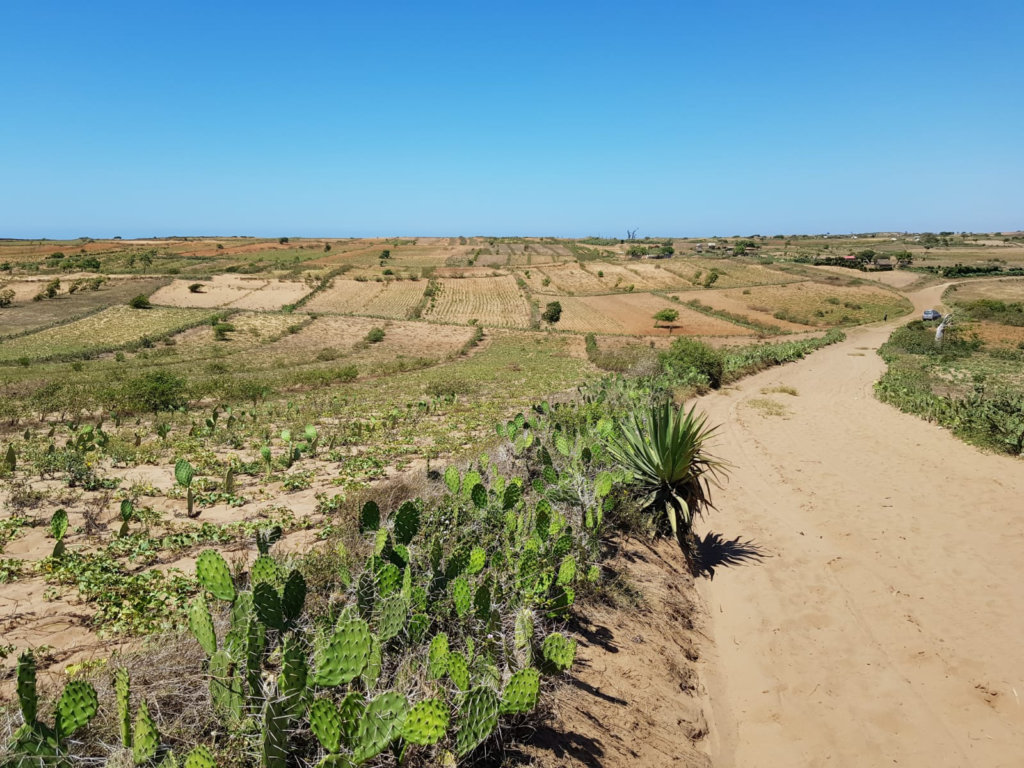
Producing knowledge in action
GRET produces knowledge throughout the various phases of a project cycle. This is part of its DNA. In this way, it contributes to the evolution of public action instruments required by the operationalisation of the notion of nexus. It produces contextual analyses and prospective studies with researchers and civil society organisations in countries, and evaluates and capitalises on its experiences.
This approach is even more precious in contexts of crisis, because the environment is rapidly evolving and necessitates adjustments that can substantially change how problems and solutions are considered. In the Sahel for example, GRET is conducting a study on forced displacements of populations to inform a long-term vision of governance, territorial development and social cohesion.
A responsible organisation
GRET draws on trusting relationships established with partners that are involved locally in projects. National NGOs, which are which are widely called on by international stakeholders in contexts of crisis, are often relegated to subcontractor level, which creates a risk of weakening their local anchorage. On the contrary, GRET strives to construct strategic decisions with these NGOs.
GRET also participates in humanitarian aid coordination forums and establishes complementary partnerships with these stakeholders, as is currently the case in Burkina Faso, where it is working with the “food security cluster” and in water supply projects.
It systematically includes awareness of conflict and of the “do no harm” principle in its actions. If poorly designed, aid in crisis situations can accentuate tensions due to discriminatory actions, violating certain fundamental rights or feeding corruption. GRET carefully analyses interactions between projects and local dynamics to identify risks of generating conflicts and protect from these risks, or adapt its action to contribute to easing conflicts.
Charline Rangé, Knowledge production manager at GRET
[1] The Nexus-based approach connecting humanitarian aid, development and consolidation of peace intends to respond to a multiplication of crises and displacements over long periods. As yet not very stabilised in its content or operationalisation, the notion targets structural changes in the entire aid system.


